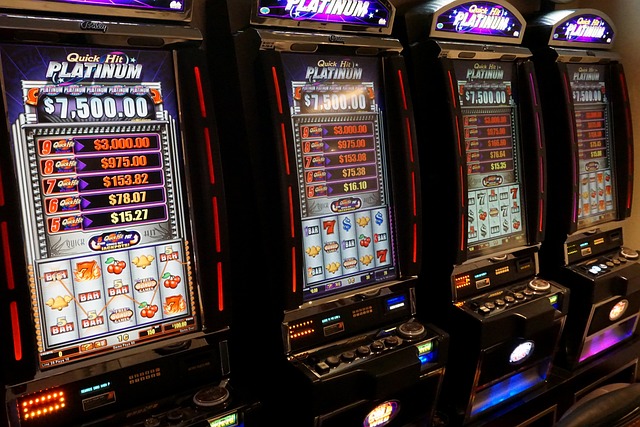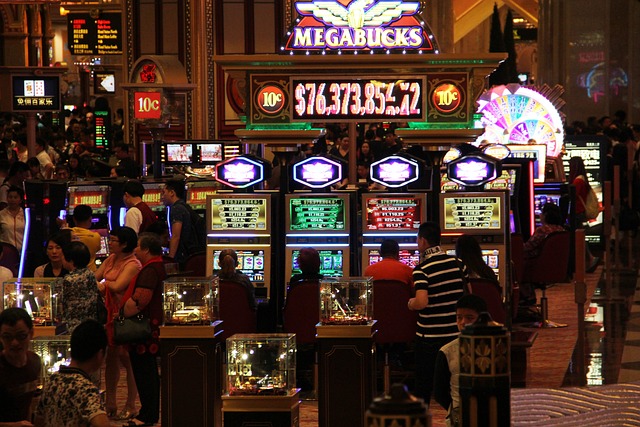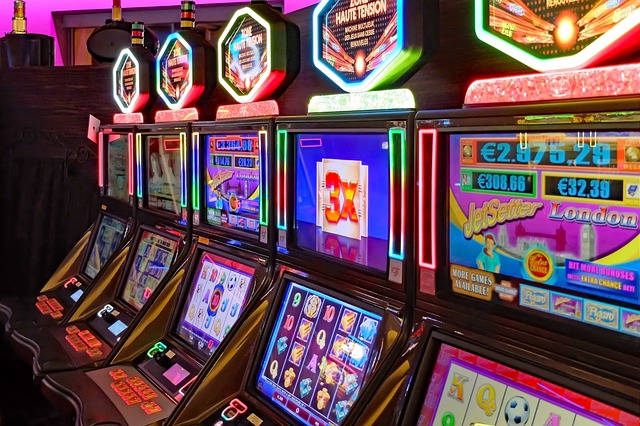Branded slot games based on movies, TV shows, celebrities, and popular franchises have taken the online gambling world by storm. These slots combine familiar entertainment brands with engaging casino gameplay, attracting both seasoned players and casual fans. From iconic films like Jurassic Park and Gladiator to modern hits like Game of Thrones and The Dark Knight, movie-themed slots are often loaded with eye-catching visuals, recognizable soundtracks, and branded bonus features. But the big question remains—are these branded slots actually better than their original, non-branded counterparts? While they certainly win on presentation and fan appeal, a deeper look into gameplay, payouts, and overall value reveals a more complex picture.
The Appeal of Movie-Themed Slots
One of the biggest advantages of movie-themed slots is their ability to create instant emotional engagement. Players who love a particular film or franchise are naturally drawn to a game that features familiar characters, scenes, and audio clips. These slots often come with high production value, cinematic cut-scenes, and elaborate animations that mimic scenes from the film. This can make gameplay more immersive and entertaining compared to generic themes. For example, slots like The Lord of the Rings or The Matrix transport players into fantasy worlds while spinning reels—blurring the line between gaming and storytelling. This entertainment factor can make branded slots more enjoyable, especially for fans looking for themed content tied to their favorite media.
Gameplay and Bonus Features
In terms of gameplay, branded slots usually offer robust features. Developers like NetEnt, Playtech, and Microgaming often go all out when creating licensed games, including bonus rounds that reflect key moments from the movie, free spins themed around iconic scenes, or progressive jackpots tied to the franchise. These features enhance the replay value and make the games feel dynamic. For example, the Game of Thrones slot includes a house selection feature where each choice leads to a unique bonus experience. However, while branded slots tend to have more visual polish and storytelling layers, they don’t always innovate in terms of core mechanics. In many cases, the gameplay structure mirrors non-branded slots, with the brand used primarily as a cosmetic layer.
RTP and Payout Considerations

One critical factor where branded slots often fall short is in their Return to Player (RTP) rate. Licensing agreements for big-name franchises are expensive, and developers may offer slightly lower RTPs on branded titles to offset costs. While many top original slots have RTPs in the 96–98% range, branded games sometimes hover closer to 94–95%. That difference, though seemingly small, can impact long-term results. Players looking for maximum payout efficiency may be better served by original slots that offer higher RTP and simpler pay structures. That said, not all branded games are less generous—some still provide competitive payout rates, so checking the game’s RTP before playing is essential.
Cost vs Value for the Developer
From the operator and developer’s perspective, branded slots are a significant investment. Licensing rights for major films or series involve legal agreements, royalties, and creative restrictions. As a result, these games are usually reserved for big providers with substantial budgets. The return on that investment comes through player engagement—branded slots attract casual fans who might not otherwise visit a casino site. These games are often placed front and center in lobbies, promoted heavily, and used in campaigns to bring in traffic. However, this investment can sometimes mean fewer innovations in gameplay mechanics, with more focus on fan service than strategic depth.
Player Expectations and Experience
For the player, branded slots deliver a fun and visually rich experience. They appeal to emotions and nostalgia, often triggering fond memories of favorite characters or storylines. These connections enhance immersion and make players more likely to enjoy their time spinning the reels. However, for seasoned slot players focused on mechanics, volatility, and win potential, the novelty may wear off quickly. Branded slots are often designed with mass appeal in mind, meaning they might prioritize entertainment over mathematical depth. Players looking for low-volatility games with frequent small wins or those hunting for specific RTP values may prefer unbranded alternatives tailored to specific play styles.
Are They Actually “Better”?

The answer depends on your priorities. If you value immersive visuals, familiar themes, and story-driven bonus rounds, movie-themed slots are often a clear winner. They turn a regular slot session into a themed entertainment experience, especially for fans of the brand. However, if your goal is to maximize payouts, explore innovative mechanics, or manage your bankroll with high RTP slots, then non-branded games are typically better suited to those needs. Games like Starburst, Gonzo’s Quest, or Book of Dead offer consistent gameplay, strong RTP, and excellent performance—without needing a Hollywood name to back them up.
Final Verdict
Branded slots are not inherently better or worse than original games—they simply serve different purposes. They excel in visual engagement and entertainment, perfect for players who love themed environments. But they may compromise slightly on RTP or gameplay innovation due to licensing costs. The key is to balance what you’re looking for in a session: excitement and fandom, or efficiency and return. In many cases, alternating between both types can offer the best of both worlds—enjoying the thrill of your favorite movie moments while keeping your strategy sharp with original, high-performing slots.
